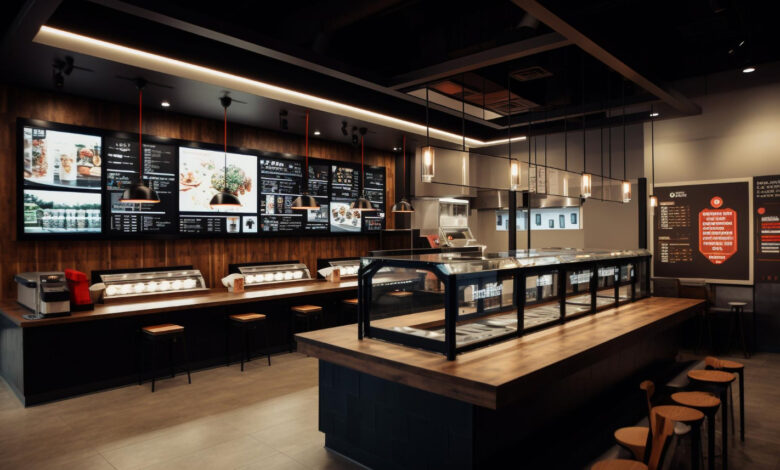How to start a Restaurant or café in South Africa

South Africa is a vibrant country known for its diverse culinary scene and thriving food culture. If you have a passion for food and dream of starting your own restaurant or café, South Africa offers a wealth of opportunities. However, embarking on such a venture requires careful planning, attention to detail, and knowledge of the local market. In this article, we will guide you through the essential steps to successfully launch your restaurant or café in South Africa.
- Concept Development and Market Research: Before diving into the restaurant business, it is crucial to identify your concept and target market. Consider the type of cuisine you want to offer, the ambiance, and the overall experience you aim to create. Conduct thorough market research to evaluate the demand for your concept in the specific location you have in mind. Analyze competition, customer preferences, and pricing trends to help shape your unique selling proposition.
- Business Plan and Financing: A well-crafted business plan is essential for securing financing and guiding your business operations. It should include a detailed description of your concept, market analysis, competitive analysis, financial projections, and marketing strategies. Seek professional advice to ensure your business plan is comprehensive and realistic. When it comes to financing, explore various options such as personal savings, bank loans, investors, or government grants available for small businesses.
- Location and Licensing: Choosing the right location is critical to the success of your restaurant or café. Look for areas with high foot traffic, accessibility, and proximity to your target market. Ensure the space meets health and safety regulations and has the necessary infrastructure. Obtain all required licenses and permits, such as a business license, liquor license (if applicable), health and safety certificates, and food handling permits. Familiarize yourself with the legal requirements and consult with local authorities for a smooth process.
- Menu Development and Suppliers: Craft a menu that reflects your concept, showcases local ingredients, and caters to the preferences of your target audience. Collaborate with experienced chefs or culinary consultants to create a well-balanced and diverse menu. Build relationships with reliable suppliers who can consistently provide high-quality ingredients at competitive prices. Consider sourcing local produce to support the community and add an authentic touch to your offerings.
- Staffing and Training: Recruit a skilled and passionate team that shares your vision and values. Depending on the scale of your restaurant, you may need chefs, cooks, servers, hosts, and bartenders. Provide thorough training to ensure consistency in food preparation, service standards, and overall customer experience. Emphasize the importance of teamwork, professionalism, and exceptional customer service.
- Marketing and Promotion: Develop a comprehensive marketing strategy to create awareness and attract customers to your restaurant or café. Establish a strong online presence through a user-friendly website, active social media accounts, and online food delivery platforms. Leverage influencer collaborations, food bloggers, and local media outlets to generate buzz. Consider hosting tastings, events, or partnering with local organizations to further promote your establishment.
- Operations and Customer Experience: Ensure smooth day-to-day operations by implementing efficient systems for ordering, inventory management, staff scheduling, and customer feedback. Focus on providing an exceptional customer experience through attentive service, quality food, and a welcoming atmosphere. Continuously assess and improve your operations based on customer feedback, industry trends, and changing consumer preferences.
Starting a restaurant or café in South Africa can be an exciting and rewarding endeavor. By carefully planning your concept, conducting thorough market research, obtaining the necessary licenses, and implementing effective marketing strategies, you can set the stage for a successful establishment. Remember to prioritize quality, consistency, and customer satisfaction, as these factors will contribute to the long-term success of your restaurant or café. With dedication, passion, and a commitment to excellence, you can make your mark in South Africa’s vibrant culinary landscape.




